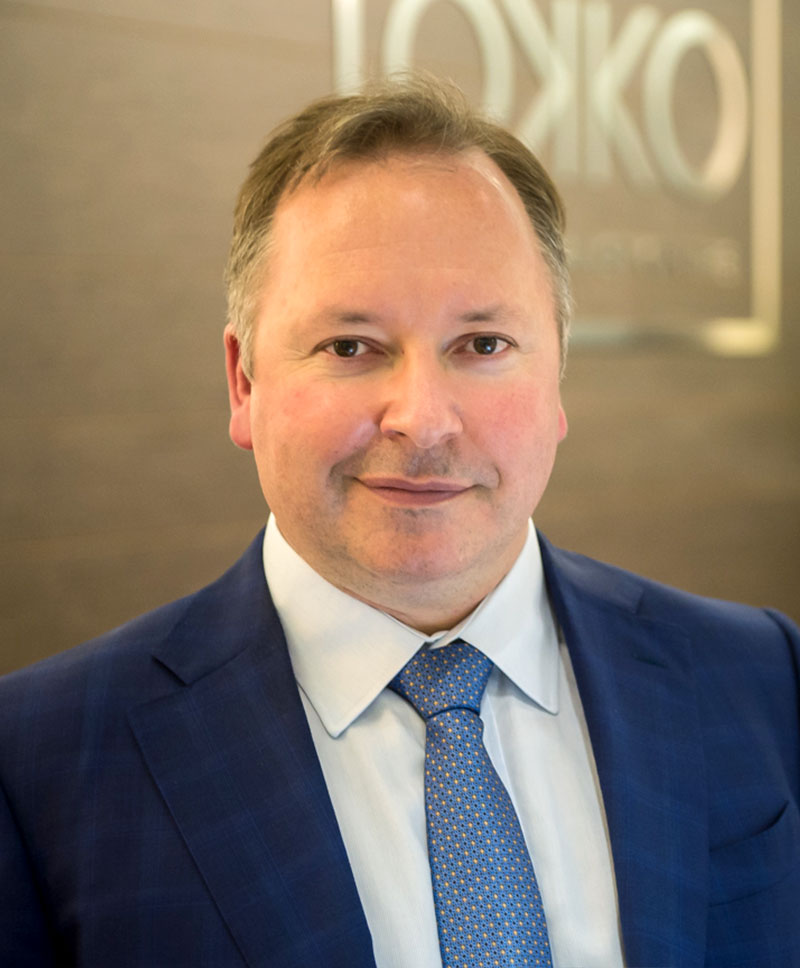
When can I wash my face after PRK surgery?
If you’ve recently had PRK surgery or are planning to, you may be wondering when it’s safe to wash your face again. This is one of the most common questions patients ask during their recovery. PRK (Photorefractive Keratectomy) is a type of laser vision correction that reshapes the surface of your cornea to improve vision. It has no flap, unlike LASIK, so it requires a different recovery approach, including how and when to care for your face.
In this article, we’ll walk you through how to safely wash your face after PRK, protect your eyes during recovery, and avoid delays in healing.
How soon after PRK surgery can I safely wash around my eyes?
You can gently wash your face a couple of days after PRK, but avoid getting water directly in your eyes for the first 7 to 10 days. This means no splashing water or standing directly under the shower stream. Use a soft cloth or cotton pad to carefully wipe your face, avoiding the area around your eyes.
For the first 24 hours, avoid washing your face altogether, this helps reduce the risk of irritation or infection while your cornea begins healing.
Protecting your eyes while washing your face after PRK
After surgery, your eyes are more sensitive and prone to infection. Any soap, water, or skincare product that enters the eye could cause discomfort or interfere with healing. When washing your face:
- Use lukewarm water, not hot
- Pat your face dry with a clean towel
- Avoid pressing, rubbing, or pulling the skin near your eyes
- Choose fragrance-free and gentle cleansers.
Your surgeon may recommend wearing protective shields at night to stop you from rubbing your eyes in your sleep. These shields can also help you feel more confident during your daytime facial care routine.
Why proper facial care matters after PRK
Washing your face might seem like a small thing, but it matters after eye surgery. The cornea’s surface needs time to heal. Avoiding direct contact with water, face wash, and other products near the eyes helps reduce the risk of complications.
Good hygiene is still important, just take extra care not to disturb the eye area while cleansing.
Facial care dos and don’ts after PRK surgery
Do:
- Use a clean, damp cloth to gently wipe your face
- Use a headband or dry towel to keep hair and sweat away from your eyes
- Keep your hands clean before touching your face.
Don’t:
- Rub or press around the eyes
- Let soap or shampoo run into your eyes
- Use exfoliants or scrubs near the eye area for at least two weeks.
When can you get water in your eyes after PRK?
You can usually allow water near your eyes after about 10 days, but always follow your surgeon’s instructions. At your follow-up appointments, they’ll check how your eyes are healing and let you know when it’s safe to resume your normal routine, including washing your face, swimming, or using eye makeup.
How to speed up PRK recovery
There’s no shortcut, but you can support healing by:
- Following all post-operative instructions
- Using prescribed eye drops as directed
- Wearing sunglasses outdoors
- Getting plenty of rest
- Staying hydrated
- Avoiding smoke, dust, and other irritants.
Your recovery experience is unique, and your eye surgeon will monitor your progress closely.
Conclusion
Washing your face after PRK surgery is possible, you just need to be cautious. Avoid water near your eyes for the first week, be gentle, and follow your surgeon’s advice. Keeping your eyes protected in the early days after surgery is key to a smooth recovery.
If you're planning to have PRK surgery and want to know more about your options, the first step is to check your suitability.

Hi, I’m Dr. Matthew Russell, a laser and cataract surgeon
HI I’M DR. MATTHEW RUSSELL A LASER EYE AND CATARACT SURGEON
With over 15 years of experience and over 20,000 procedures performed, I enjoy the privilege of helping patients of all ages reclaim clear vision or preserve it for as long as possible.
Vision correction and high-precision cataract surgery hinge on the expertise and skill set of the provider who also has access to the most precise tools for the job. Ophthalmic surgeons like me know how to make treatment safe, comfortable and positive for the patient. They know how to minimise the risk of complications and maximise successful outcomes.
I have a passion for helping my patients enjoy the clear, high-definition vision they need to live rich and active lives. Now, I have hand-picked a team of professionals that share my passion and commitment to exceptional care.
Dr. Matthew Russell
MBChB, FRANZCO






